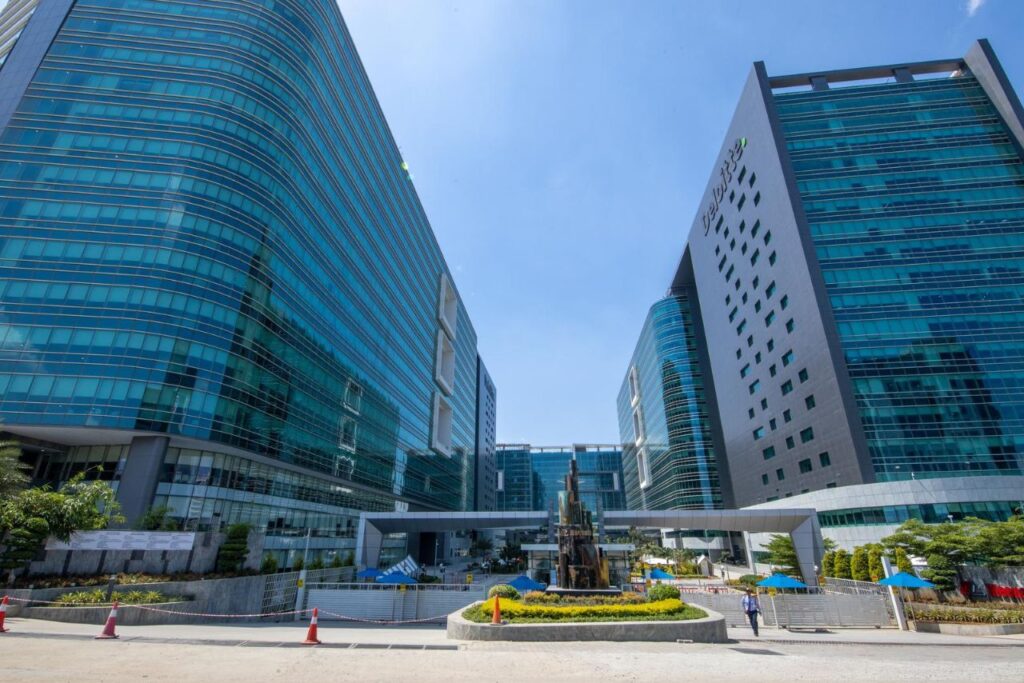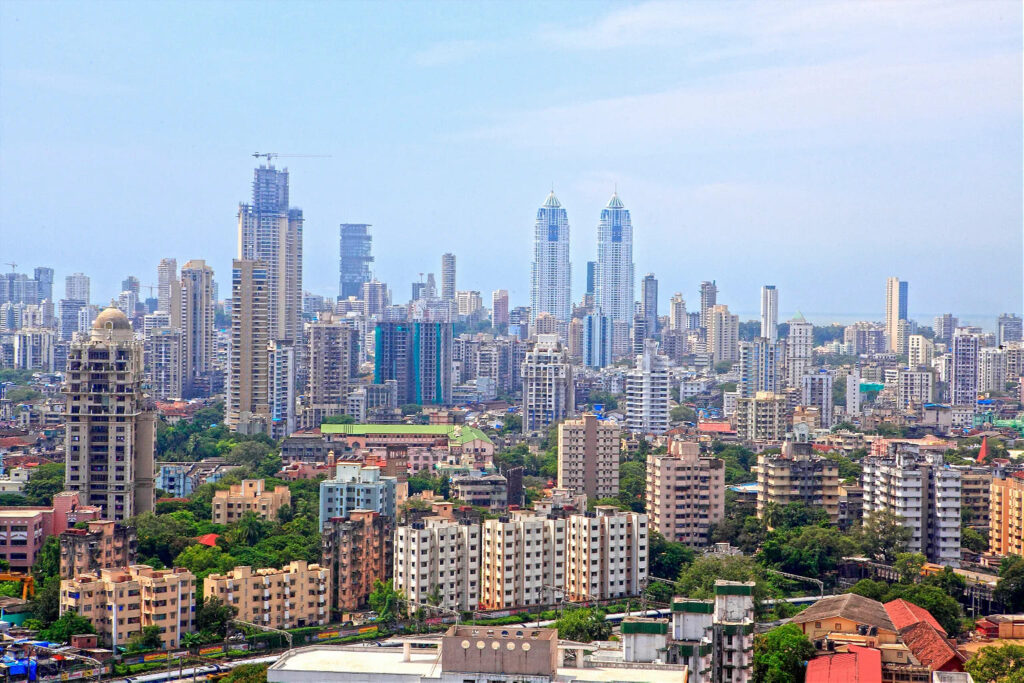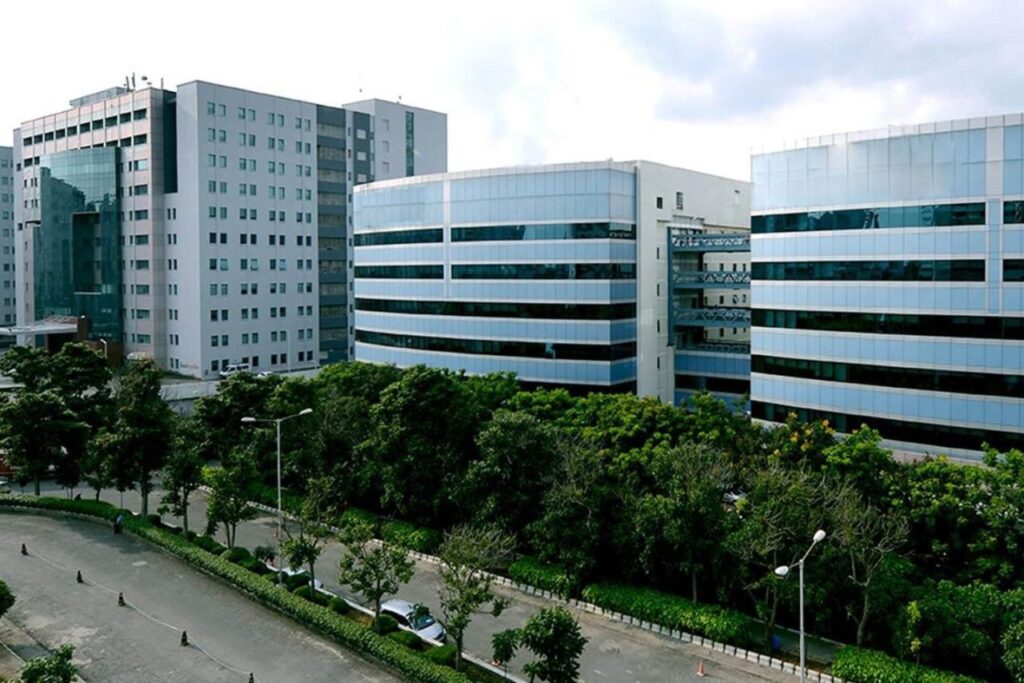Synopsis– India’s coworking industry is redefining workplace culture, led by Bengaluru, Mumbai, Delhi-NCR, Hyderabad, and Pune, while Tier-2 and Tier-3 cities rapidly embrace the trend. Driven by affordability, flexibility, and hybrid work adoption, coworking spaces foster collaboration, entrepreneurship, and economic growth, positioning themselves as the future of India’s work model.
Coworking spaces have redefined India’s work culture, evolving from niche hubs for freelancers to mainstream corporate solutions. Fueled by startups, hybrid work, and rising demand for flexibility, they now thrive as vibrant ecosystems. This article explores the top five Indian cities leading coworking growth through connectivity, affordability, and innovation.
Why Co-Working Spaces Matter
- Meaning and Purpose: Coworking spaces are shared workspaces that provide professional facilities with staff, discuss memberships and create connections between professionals from a variety of fields.
- Cost-Efficient Infrastructure: Coworking spaces do not include costly leases or capital costs, and they provide a plug-and-play office, so businesses can focus on growing without a major economic issue.
- Flexibility and Scalability: Coworking spaces are first and foremost many types of flexible and supportive spaces for freelancers, startups and corporations, all of which need to quickly change how they do business.
- Networking and Collaboration: Coworking opens up collaboration, idea sharing, and partnership opportunities that might not have happened for these professionals if they worked from home.
- Boost to the Economy: Coworking spaces are helping to grow India’s entrepreneurial ecosystem by reducing barriers to entry, while they help startups, SMEs, and corporates with their growth trajectory to create sustainable businesses.
Top 5 Cities with Best Co-Working Spaces in India
1. Bengaluru – The Silicon Valley of India

- Startup and Technology Hub: Bengaluru leads India’s coworking market, hosting nearly one-third of the nation’s spaces with a strong startup and IT presence.
- Key Locations: Prominent hubs include Koramangala, Indiranagar, HSR Layout, and Whitefield, offering diverse options for entrepreneurs and corporates.
- Major Players: Both global operators like WeWork and CoWrks, and Indian brands such as Awfis and 91springboard, thrive here.
- Ecosystem Strength: Its cosmopolitan culture, venture capital networks, and deep talent pool make it the preferred choice for innovators and digital nomads.
2. Mumbai – India’s Financial Powerhouse

- Corporate and Commercial Magnet: Mumbai’s status as India’s financial and entertainment capital drives demand for coworking among corporates, startups, and creative industries.
- Rising Costs: Skyrocketing real estate prices and limited availability make shared workspaces a cost-effective alternative.
- Prime Business Districts: Bandra Kurla Complex (BKC), Andheri, Powai, Lower Parel, and Goregaon host premium coworking hubs.
- Client Diversity: Users include investment bankers, consultants, media professionals, and creative agencies seeking flexibility and prestige.
- Premium Offerings: Spaces here are known for modern amenities, high-end design, and dynamic communities that align with Mumbai’s fast-paced corporate culture.
3. Delhi-NCR – The Corporate & Startup Hub

- Market Scale: Delhi-NCR is among India’s largest coworking markets, contributing nearly 20% of national coworking absorption.
- Gurgaon Advantage: Known as the corporate capital, it hosts Fortune 500 companies, multinational offices, and premium managed workspaces.
- Noida Growth: Offers affordable options for startups and IT firms, supported by developing infrastructure and strong metro connectivity.
- Prime Locations: Golf Course Road, Cyber Hub, and Sector-62 are leading coworking corridors.
- Connectivity and Demand: Proximity to the airport, extensive metro links, and strong corporate presence create a balanced ecosystem for cost and accessibility.
Also read: India’s Top 10 Places for Doing Business in 2025 – See Who’s Leading the Race
4. Hyderabad – The Rising Tech Star

- Tech Ecosystem: Hyderabad has emerged as India’s second-largest software exporter, driving coworking demand from IT, pharmaceutical, and innovation-led firms.
- Business Districts: HITEC City and Gachibowli host numerous coworking hubs with modern infrastructure and scalable facilities.
- Operators Present: Leading brands such as CoWrks, Workafella, and Innov8 have expanded strongly in the city.
- Cost Advantage: Rentals remain more affordable compared to Bengaluru and Mumbai, appealing to startups and SMEs.
- Supportive Environment: Government policies, skilled workforce, and a balance of affordability and quality make Hyderabad a sustainable coworking destination.
5. Pune – The Youthful & Dynamic Market

- Emerging Strength: Pune combines a strong IT industry with leading educational institutions, attracting a youthful and skilled workforce.
- Coworking Corridors: Spaces are concentrated in Koregaon Park, Baner, Kharadi, and Hinjawadi, catering to startups and corporates.
- Affordability Factor: Unlike Mumbai and Bengaluru, Pune offers lower real estate costs without compromising quality or connectivity.
- Community Focus: Its coworking hubs emphasise collaboration, networking, and vibrant professional communities.
- Startup Culture: Increasing investor interest and innovation-driven businesses make Pune a rising star in India’s coworking landscape.
Emerging Cities: Coworking adoption is not limited to Metropolises anymore; Tier-2 and Tier-3 cities like Jaipur, Lucknow, Ahmedabad, Indore, and Kochi are emerging as vibrant markets.
Key Growth Drivers
Lower rentals, cheaper real estate, new government policy support and faster digital adoption are driving the popularity of shared spaces in these cities. Local entrepreneurs in these cities are creating coworking models aimed at local entrepreneurs and startups, giving their own communities and startups a cheap but professional working environment. The rise of remote and hybrid work has dispersed talent from metropolitan to non-metropolitan markets, and that has opened a new demand for coworking spaces in smaller cities. By reducing barriers to infrastructure, coworking spaces in Tier-2 and Tier-3 markets are strengthening entrepreneurial ecosystems and are becoming a big part of India’s flexible workspace market.
Conclusion
Coworking in India has transformed from an alternative to a mainstream work model, driving cultural and economic change. While Bengaluru, Mumbai, Delhi-NCR, Hyderabad, and Pune remain central hubs, the rise of Tier-2 and Tier-3 cities highlights coworking’s nationwide impact, shaping the future of flexible and collaborative work.
Written by N G Sai Rohith





